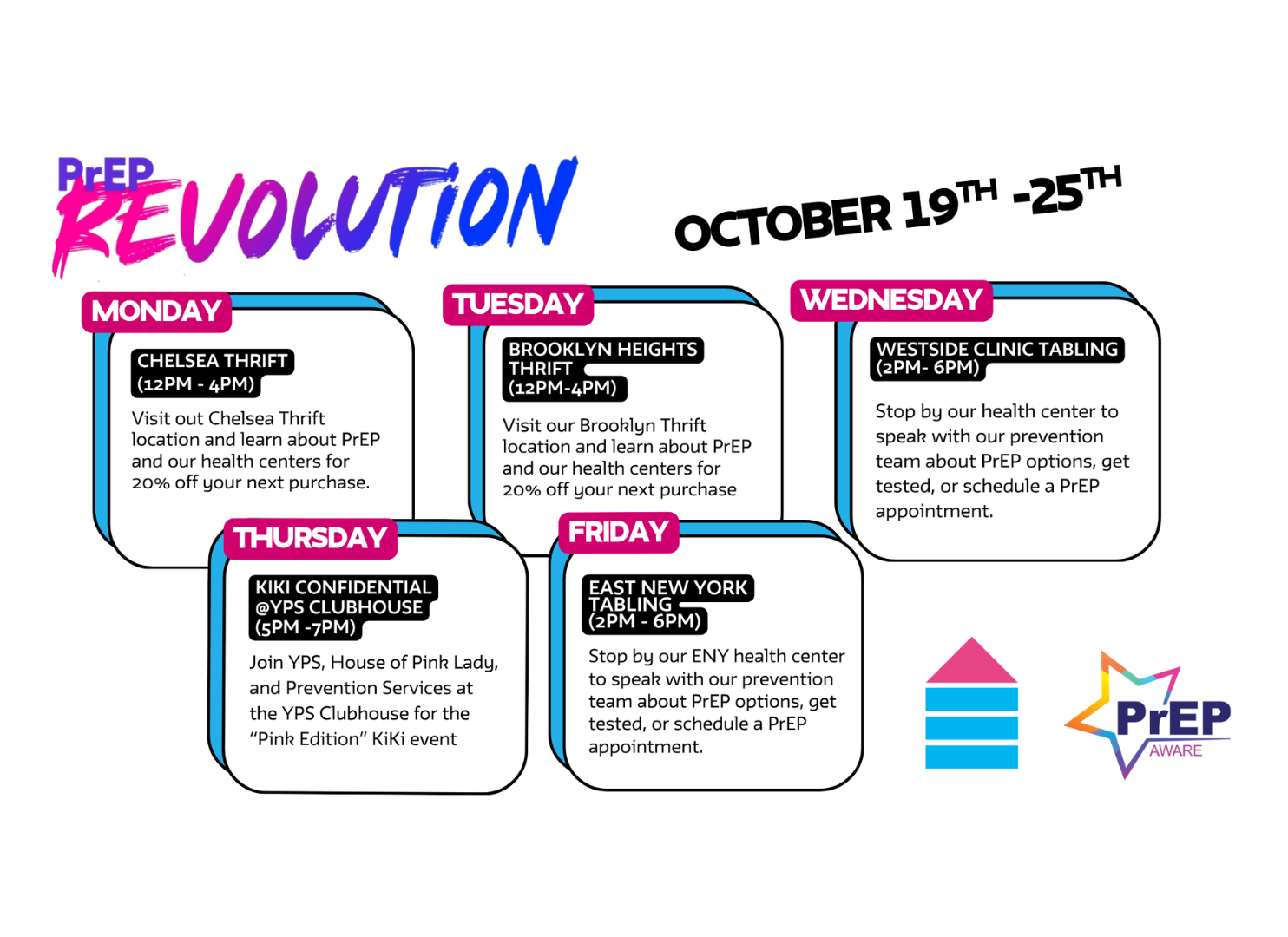Each year on April 10th, the US celebrates National Youth HIV/AIDS Awareness Day. This year at Housing Works, we would like to acknowledge Ryan White at a time when rights to accessible HIV care are under attack. Through his courage, advocacy, and the continued work of his mother Jeanne White-Ginder, Ryan White was pivotal in establishing the care and prevention services we have today.
Ryan White was born in 1970 in Kokomo, Indiana with hemophilia, a disease that prevents blood from clotting properly when a person begins to bleed. This can become dangerous with large cuts or internal bleeding since the body cannot slow or stop it, which may become fatal. Throughout his childhood, Ryan received regular factor VIII infusions, a common hemophilia treatment during that time. He lived a relatively normal childhood until he was 14, when a hospitalization for pneumonia revealed that Ryan had AIDS.
In 1984, HIV/AIDS was stigmatized and homophobia drove the narrative about the contraction and spread of the virus. As a result, community members and the school board barred Ryan from returning to school after recovering in the hospital, even though it was public knowledge at the time that HIV/AIDS could not be spread through casual contact. This began a months-long legal battle with the school board. Ryan was eventually allowed to return to school to complete the eighth grade, but moved to Cicero, Indiana for high school after repeated mistreatment from teachers and peers. His battle to return to school gained national media coverage, drawing attention from notable figures such as Senator Ted Kennedy and Elton John. Ryan’s story spurred public discourse and helped shift the discourse about HIV/AIDS.
Despite an initial prognosis of 6 months to live, Ryan went on to complete high school between frequent public speaking engagements, in which he advocated for funding, research, and destigmatization of HIV/AIDS on a national stage. Ryan unfortunately passed in 1990 just before his high school graduation. His mother Jeanne continued his advocacy efforts, speaking before Congress to advocate for the passage of the Ryan White Comprehensive AIDS Resources Emergency (CARE) Act. The Ryan White CARE Act funds Ryan White HIV/AIDS Programs (RWHAP), which help provide healthcare for low-income patients who otherwise have limited means to receive HIV treatment. Approximately 500,000 people in the United States receive HIV care through RWHAP each year, accessing medical care, antiretroviral therapy, and support services to help achieve and maintain positive health outcomes.
RWHAP funding allows Housing Works to provide essential HIV care to 700 NYC residents every year, from routine lab tests and medical appointments to care management services promoting retention and adherence for high-risk youth and adults alike. We are proud to be part of so many of our community members’ HIV care team. This would not be possible without Ryan White’s courage, Congress’s subsequent legislation, Jeanne White-Ginder’s continual advocacy, and ongoing federal funding. It is only through these resources that underserved New Yorkers, alongside hundreds of thousands of people nationwide, can access the medical care they need to remain undetectable, healthy, and prevent further spread of the virus.
RWHAP funds help us re-engage clients living with HIV after they have fallen out of care from other service providers. We fill care gaps with relentless outreach and intensive care coordination that improve HIV treatment adherence. By continuing RWHAP funding, we can keep reaching the most underserved communities and end the HIV epidemic.Francisco L. Rivera, Director of Retention & Adherence Department
We continue to advocate for this funding in light of recent changes to the U.S. Department of Health and Human Services (HHS). Reductions in funding and staffing are impacting departments essential to HIV prevention and public communication, such as the National Center for HIV, Viral Hepatitis, STD, and Tuberculosis Prevention; the Office of Infectious Disease Policy; and the National Institutes of Health. The complete impact of these actions remains to be seen, but inevitably this will reduce access to care for hundreds of thousands of people living with HIV/AIDS in the United States, undoing decades of advocacy efforts. On this year’s National Youth HIV/AIDS Awareness Day, we commemorate Ryan White, his efforts, and his legacy at a critical time for HIV care and remain committed to providing accessible healthcare for all.



